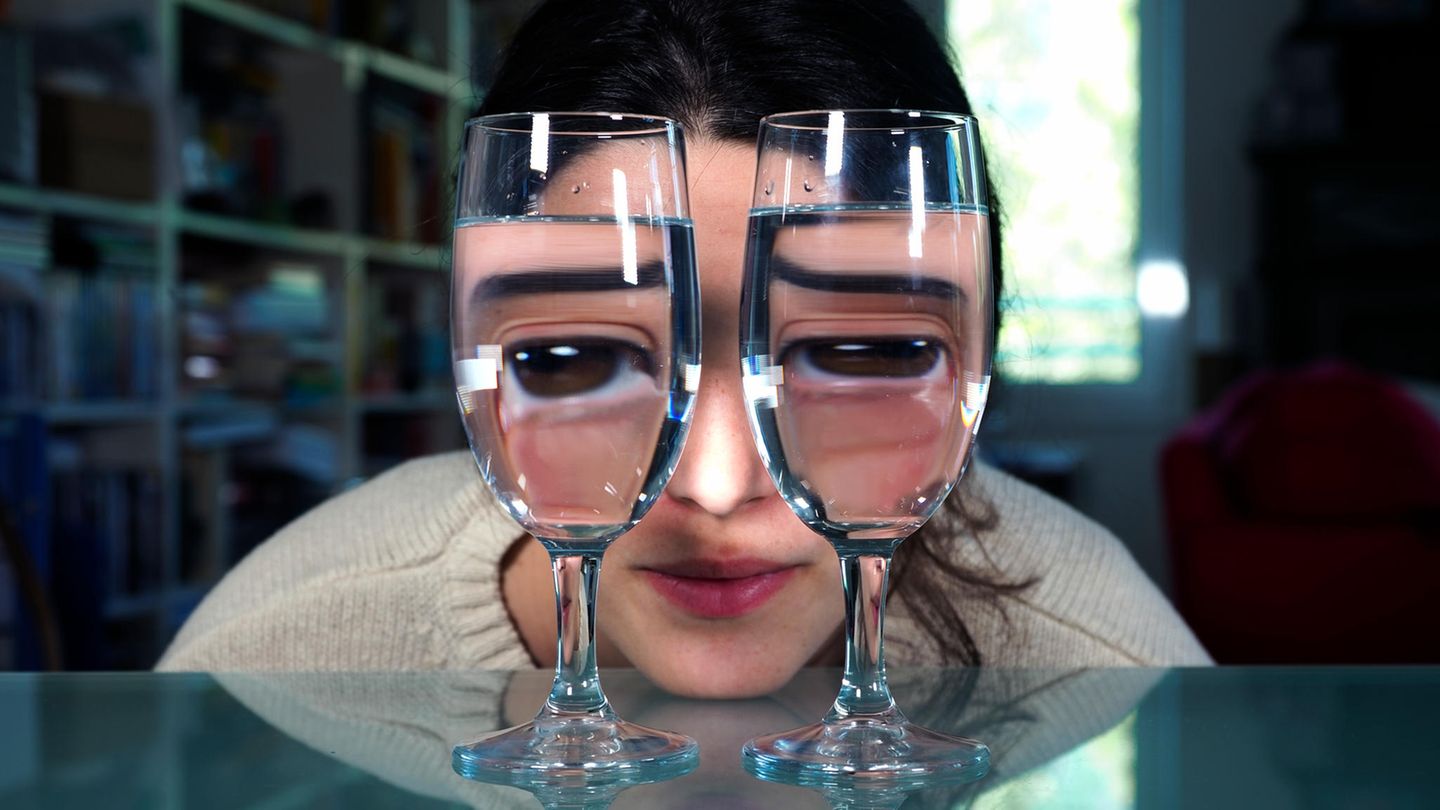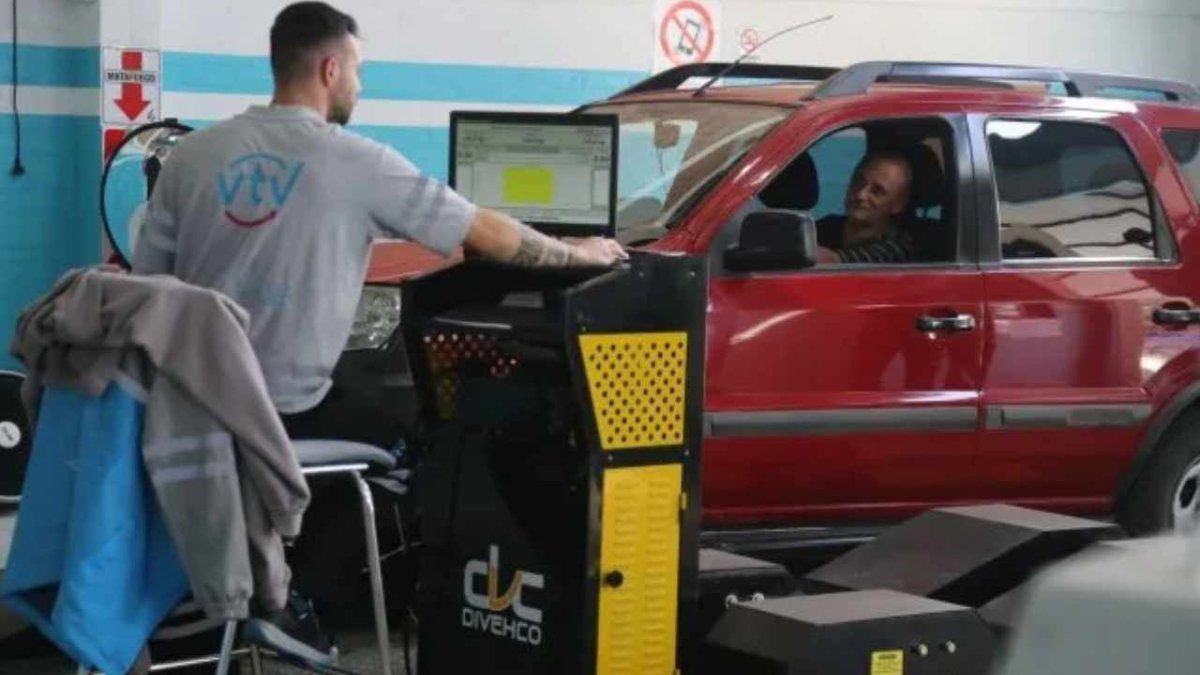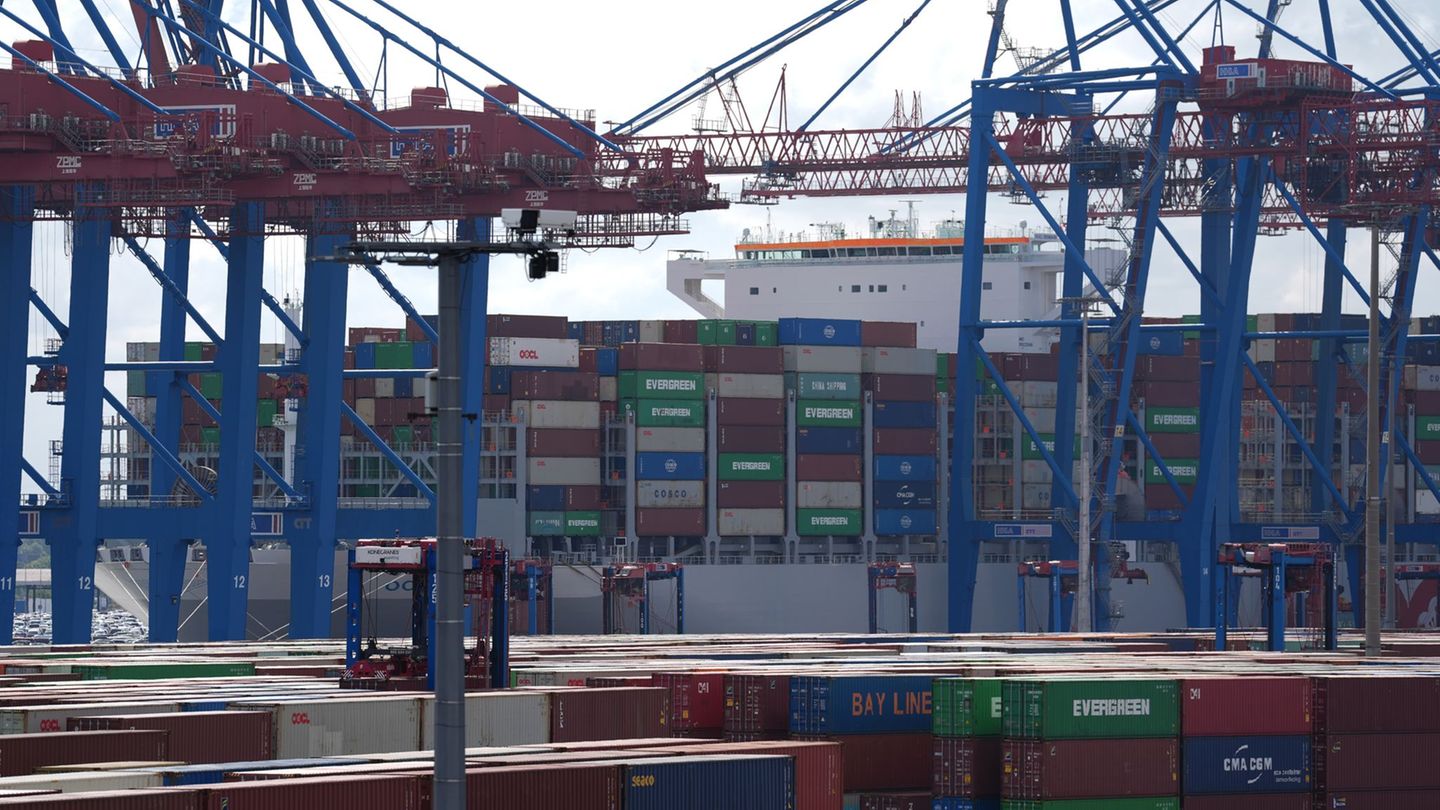The guideline is the recommendation of the EU Commission, according to which consumption should be reduced by 15 percent by the end of March. They are preparing “intensively” for this, it said on Monday. Some of the light from the street lamps, for example, is already being reduced.
According to the office of City Councilor Peter Hanke (SPÖ), it is being checked whether the ice dream can take place or whether it will be implemented in a reduced version. According to current plans, the ice skating world on Rathausplatz – as well as in the Rathauspark – should be available from mid-January to the beginning of March. The Christmas market in front of the town hall starts this year on November 19th. This is significantly later than last year, when the starting gun was fired on November 12th. In the years before the corona pandemic, however, people were sometimes just as late. In 2017, for example, the stands only opened on November 17th.
Street lights: conversion to LED
In order to save electricity, street lamps are being switched to LEDs. 60 percent of electricity consumption can be reduced in this way, they assured. In Vienna, around 153,000 lights are installed in public lighting. Around half of the lamps have already been replaced with energy-saving LED lamps.
The conversion of the 80,000 so-called attachment lights – i.e. the lamps on the masts – is currently in full swing. More than 21,000 of these approach lights will already have been converted by the end of 2022, it said. Alongside the expansion of LED technology, the use of street lighting in Vienna has already been optimized. From 10 p.m. the lighting in areas with low traffic is reduced to 75 percent, from midnight to 50 percent.
According to broadcasts, savings have already been achieved through various measures in government offices and swimming pools. For example, municipal buildings in Vienna that are supplied with district heating are subject to ongoing monitoring. At the same time, “record investments” for phasing out fossil fuels were announced. By 2030, around 3 billion euros will also be invested in network security in the federal capital, as City Councilor for Economic Affairs Peter Hanke (SPÖ) explained.
Source: Nachrichten




